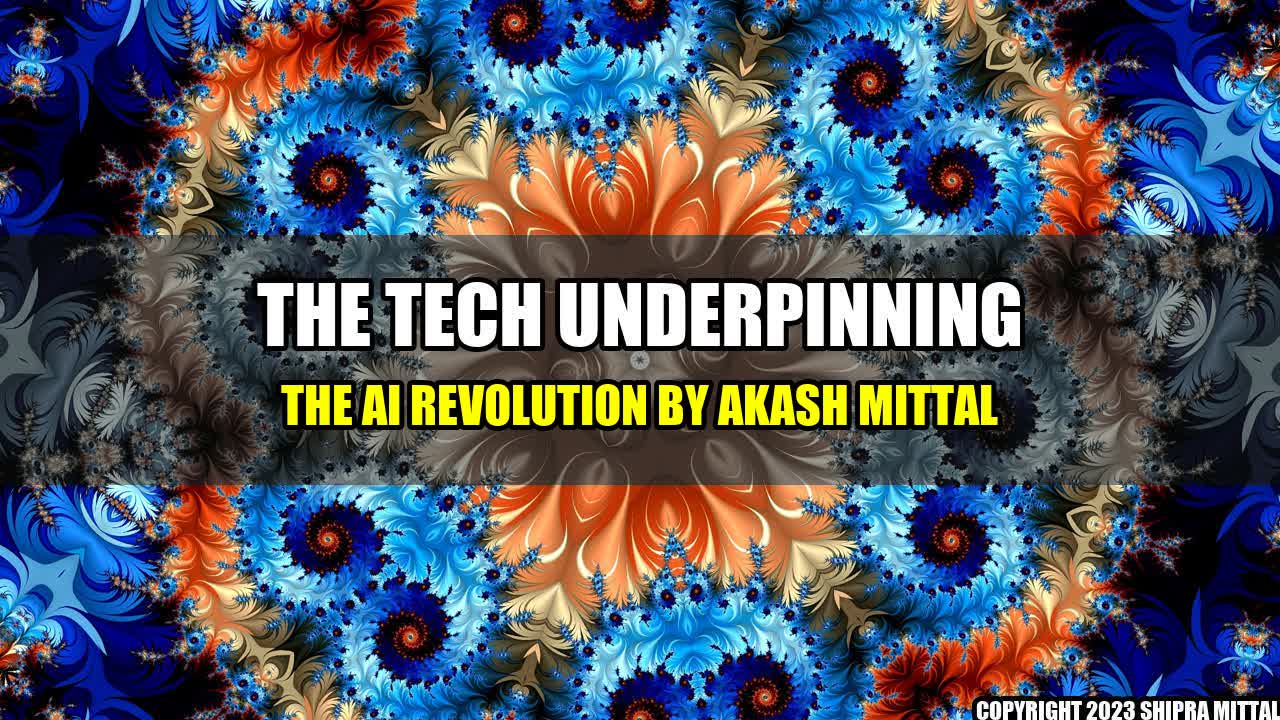Imagine a world where machines can think, learn and adapt like humans. This is the ultimate goal of Artificial Intelligence - the ability to make machines intelligent enough to solve real-world problems with little or no human intervention. While AI has been around for decades, recent advances in technology have made it possible for us to witness an AI revolution that is changing the way we live and work.
One of the most significant advancements in AI is Deep Learning, a branch of Machine Learning that uses neural networks to process vast amounts of data and train machines to perform complex tasks. Deep Learning has been the driving force behind many recent AI breakthroughs, including speech recognition, natural language processing, image recognition and self-driving cars.
Real-life examples of Deep Learning in action include virtual assistants like Siri and Alexa, which use NLP to understand and respond to human speech; image recognition software used by Facebook and Google Photos to identify people, objects, and locations in photos; and self-driving cars, which use a combination of sensors and machine learning algorithms to navigate roads and make decisions in real-time.
Some of the biggest players in the AI revolution are Google, Amazon, Microsoft, Facebook, and IBM. Google's DeepMind, for example, has developed AlphaGo, an AI program that defeated a world-class Go player in a five-game match. Amazon's Alexa has become the dominant player in the virtual assistant space, with over 100 million devices sold worldwide. Microsoft's Cognitive Services and IBM's Watson offer AI-powered solutions that enable businesses to analyze vast amounts of data and automate decision-making processes.
However, AI is not without its challenges. One of the biggest concerns is the impact on jobs and the workforce. While AI has the potential to create new jobs and increase productivity, it also poses a threat to jobs that are repetitive or require low-level skills. Another challenge is the ethical implications of using AI, particularly in areas like healthcare and criminal justice. It is essential that we develop ethical frameworks and regulations to guide the development and use of AI in these areas.
In conclusion, the AI revolution is powered by advances in Deep Learning that enable machines to think, learn and adapt like humans. Companies like Google, Amazon, Microsoft, Facebook, and IBM are leading the way in AI research and development. However, we must also address the challenges posed by AI, particularly its impact on jobs and ethical implications. By doing so, we can ensure that AI is used to create a better future for all.

Akash Mittal Tech Article
Share on Twitter Share on LinkedIn